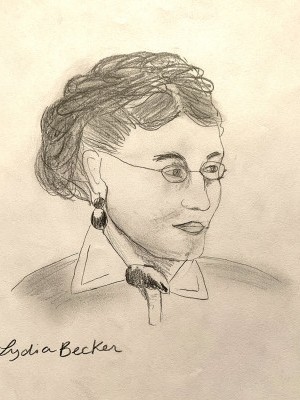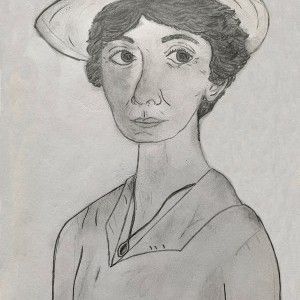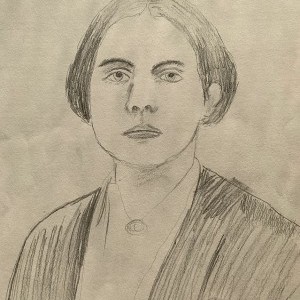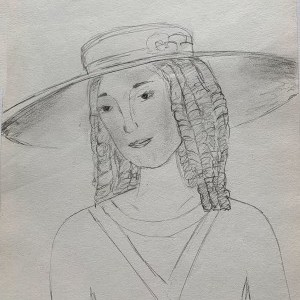Daniela Rodriguez
Loyola School | New York, NY | 9th
Inspirational Family Member
Lydia Becker
Letter to a Younger Self –
Lydia Becker was born in Manchester in 1827 to Hannibal Becker and Mary Duncuft. She was educated at home along with her fourteen younger siblings like many girls at that time and had been particularly interested in science. She later became a skilled biologist, botanist, and astrologer, wrote many papers and books including her Botany for Novices, and she corresponded with Charles Darwin. She and Darwin became advisors and would send each other their samples of plants, their scientific discoveries, and inquiries.
Despite her work and skills, science was not the main part of Becker’s life. She devoted her life to the women’s suffrage movement and sometimes, both of those worlds would come together like when she created the “Manchester Ladies Literary Society” that gave women a platform to speak about scientific issues. As an active suffragette, she would sign and create petitions for women’s rights and lead many campaigns and meetings to resolve the oppression. She was eventually named the treasurer of the Married Women’s Property Committee and was part of the Manchester School Board, where she was able to support and encourage many girls in school. In the same year she was appointed those roles, she created the Women’s Suffrage Journal, that gave monthly updates and shared many articles by women. She began organizing many tours and gatherings for women, like Emmeline Pankhurst who at age fifteen experienced her first women's suffrage gathering, to share their experiences, ideas, and resolutions to the issue of oppression. Of course, not everyone was a fan of her work because of her radical ideas and because it was rare to see a woman so motivated as her in the 1800’s. She received a lot of criticism from the press and many anti-suffrage cartoons and articles were made mocking her work and advances. She was able to use the criticism as an advantage through many strategies as she had gained popularity. She helped organize a women only demonstration in Manchester and attracted tens of thousands of women who supported the cause. Lydia passed away in 1890, thirty years prior to England having equal voting laws, but she started and spread a movement whose influence is still important today.
Explore the Archive
More From This Class
Click on the thumbnails below to view each student's work.Deadline Extended
There's still time to join Women Leading the Way.
Become a part of our storytelling archive. Enroll your class today.
Join the Project




